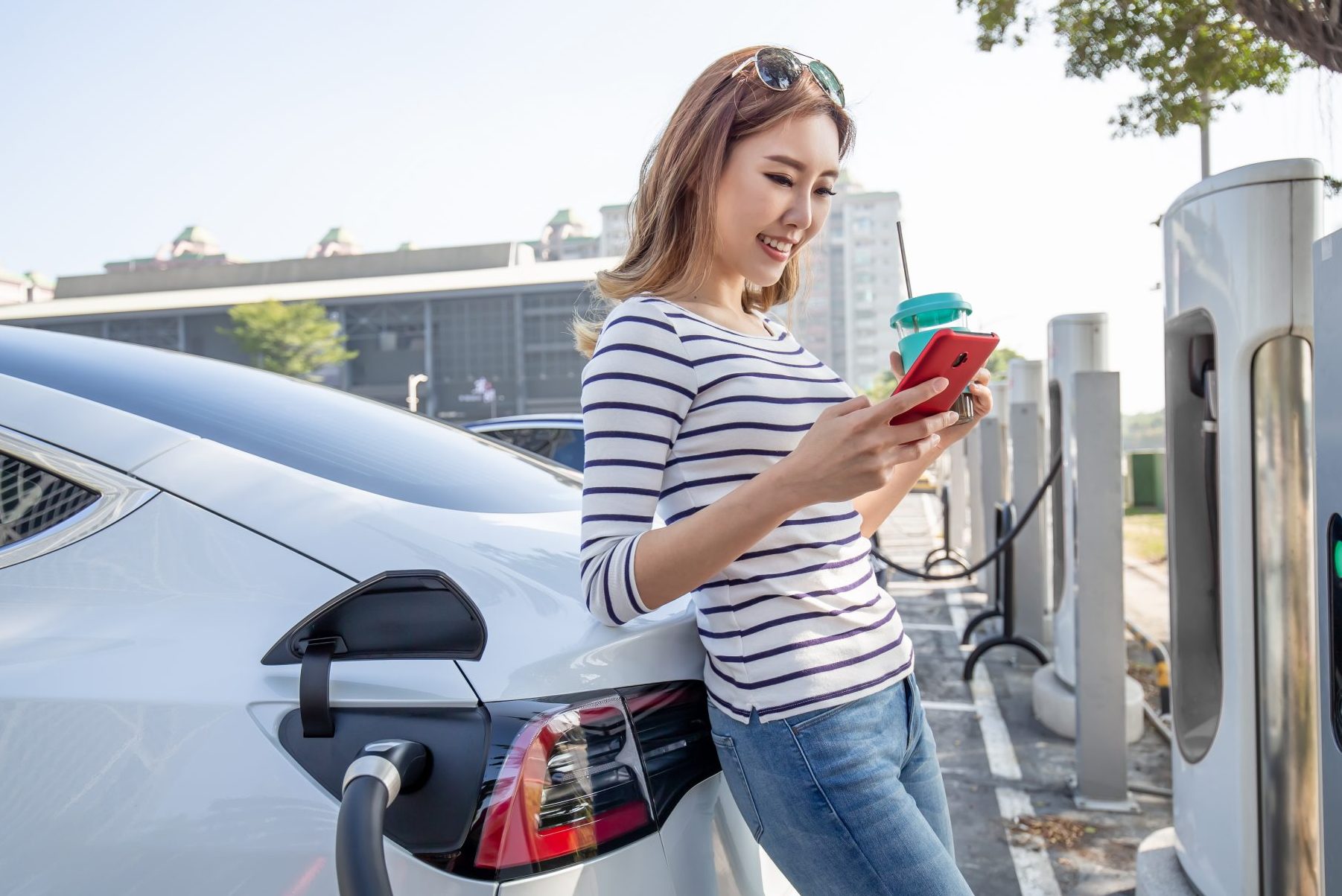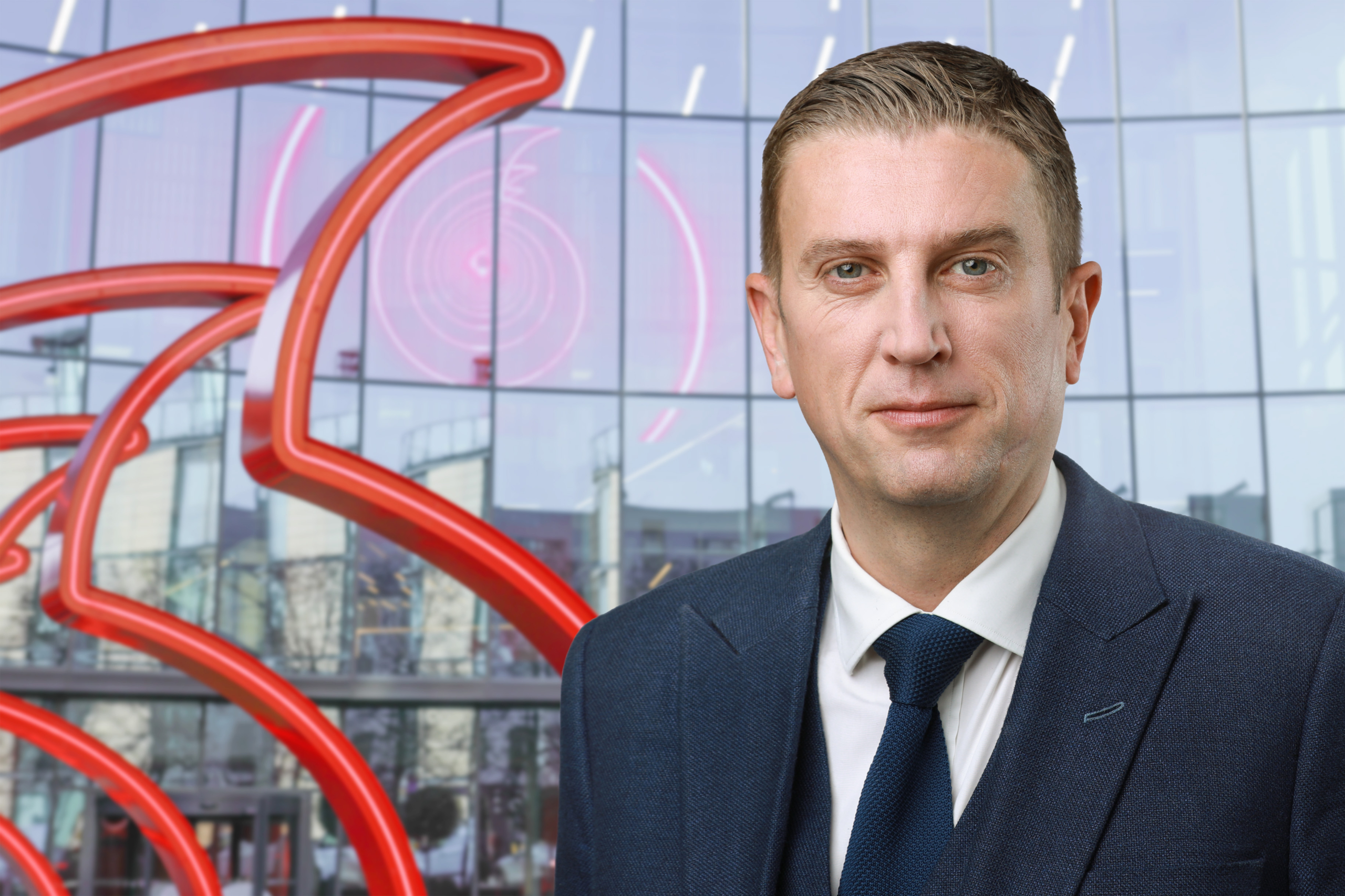On World Environment Day, Nick Jeffery, CEO, Vodafone UK, details the measures Vodafone is taking to reduce its carbon footprint and explores ways the Government could support a sustainable economic recovery.
The coronavirus pandemic has taken a terrible toll, but from an environmental perspective, there have been some benefits.
Air quality has improved as lockdowns have drastically reduced both air and road traffic. Indeed, the International Energy Agency predicts that global CO2 emissions will decline by 8% in 2020 – to levels last seen 10 years ago.
Given that climate change will remain the biggest challenge we face, even after we’ve learned to cope with COVID-19, this is welcome news. But there’s no room for complacency.
So, how can we get our economies going again without returning to the polluting ways we’ve relied on in the past?
How Vodafone is performing
This week, Vodafone Group’s Annual Report announced that in the last financial year, the company reduced its greenhouse gas emissions by 9% across the globe, and that 25.9% of its electricity is now from renewable sources. In 2019, we raised €750m (£678m) through a Green Bond to fund energy reduction projects around the world.
At a Group level, our current aim is to derive all our electricity from renewable sources by 2025.
Making our networks more efficient
One key way that we can reduce our global carbon footprint is by making our network as energy efficient as possible, as this is by far the biggest consumer of energy. It’s a huge job. Across 22 countries we have:
- 164,000 mobile base stations
- 89,000 servers
- 3,200 buildings (including 400 technology centres)
…accounting for 94% of our total energy use.
Vodafone's network
accounts for 94% of the Group's total energy use.
94%
One of the ways we’re becoming more energy efficient is through the adoption of Single Radio Access Network equipment that can accommodate any mobile technology – 2G, 3G, 4G, 5G – but uses energy much more intelligently thanks to Internet of Things (IoT) sensors and management software.
We’re also adopting free – rather than mechanical – cooling systems in our base stations, again managed by intelligent IoT and software. And we’re switching away from traditional lead-acid batteries to more efficient lithium-ion batteries and looking into environmentally friendly hydrogen fuel cells as an alternative power supply.
Reducing our carbon footprint
Here in the UK, we’re building our own solar farm, installing solar panels on the roofs of our buildings, and exploring ways we can generate energy from bio-waste. We’re also negotiating new power purchase agreements with renewable energy suppliers.
And we’ve added fully electric vehicles to our fleet of vans to complement the hybrid vehicles already in the fleet.
We’re committed to connecting people and creating a better, cleaner future for all.
During the pandemic, we’ve demonstrated how a big company can function well with 96% of our people working from home; it will be interesting to see what impact this has on our energy use.
We’ve also made changes to our day-to-day working practices to eliminate the use of plastic in our stores and offices.
Intelligent technologies
We believe our technologies can play a crucial role in helping to reduce the impact we all have on our planet.
For example, we estimate that more than a third of our 103 million IoT connections enable customers to reduce their emissions, through smart building energy management systems or route optimisation and fleet management, for example.
In fact, in 2020, we estimate that our customers will save about 6.9 million tonnes of CO2 emissions by using our IoT.
How government can help
The UK Government has committed to achieving ‘net zero’ – effectively taking as much CO2 out of the atmosphere as we produce – by 2050.
We welcome the Government’s intention to invest £2bn to encourage more sustainable means of transport as we re-start our economy. But we believe now is a golden opportunity to implement a broader, and greener, sustainable industrial strategy underpinned by IoT, 5G and full-fibre technologies that could benefit the whole of the UK.
Here’s what we think could be included in a sustainable economic recovery package for the UK:
Smart towns and cities powered by IoT and 5G
Smart cities have been talked about a lot, but they are now becoming a reality. Sensors that collect and transmit real-time data are giving us a detailed, dynamic picture of how towns and cities live and breathe – how traffic systems, offices, shops, municipal services and people function and interact. With this data, we can make better decisions that reduce energy use and increase efficiencies.
We’d welcome local government innovation funds to incentivise the roll-out of IoT-based technologies that could promote carbon reducing applications, such as smart street lighting, drones for agriculture and utilities, autonomous public transport, smart logistics and smart bins.
Local authorities and metropolitan mayors could be given more powers to drive their own sustainable recovery plans and the digitalisation of their services.
Smart buildings
Simply replacing old light bulbs with the latest energy-efficient LED lighting controlled by IoT-enabled building management systems is a great way to reduce energy consumption in offices.
If more people are going to be working from home from now on, as seems likely, office spaces will need to be managed more efficiently. Businesses could be incentivised to manage their electricity usage better.
Smart working
Videoconferencing and online collaboration tools, powered by 5G and full-fibre connections, will enable more energy-saving homeworking. We think the Government should encourage small businesses to adopt these technologies through tax incentives.
Smart energy production
We have to reduce our reliance on fossil fuels. So we need to produce energy in a more sustainable way using wind, water, and solar sources, as we at Vodafone are trying to do.
As a country, we’ve done well in offshore wind in particular, but the Government could still do more to stimulate investment in renewable energy generation and storage projects.
A cleaner future
At Vodafone we are committed to minimising our impact on the planet and to running our business responsibly and sustainably, reducing the energy we use and the waste we produce.
We recognise that global companies like ours can make a big difference, so we’d welcome working more closely with Government and other partners to explore new ways to decarbonise our economies.
We’re committed to connecting people and creating a better, cleaner future for all.
#KeepConnecting


